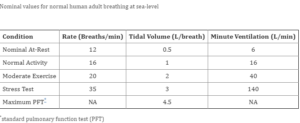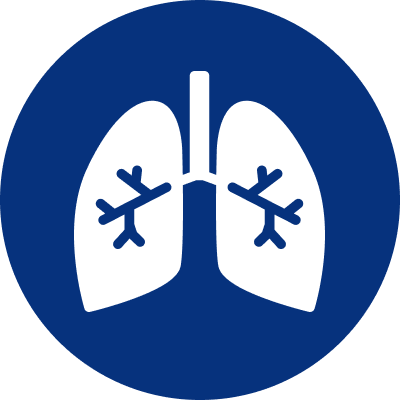Did you know that according to a study published in the National Institutes of Health (NIH), nearly 545 million individuals currently live with a chronic respiratory condition, representing 7.4% of the world’s population? That’s a staggering statistic, highlighting the importance of healthy breathing habits. But even beyond diagnosed conditions, many of us unknowingly hold tension in our breath, breathe shallowly, or simply haven’t considered the impact breathing has on our overall well-being.
This blog will delve into the fascinating world of breathing and explore its profound impact on your health. We’ll break down the science behind good breathing habits, discover how to identify unhealthy breathing patterns and equip you with simple techniques to unlock the power of your breath.
The Powerhouse of Breath: Delivering Oxygen and Fueling Your Body
Let’s start with the basics. The average adult takes about 20,000 breaths a day, a number that most of us never think twice about. Every cell in your body needs oxygen to function properly. Breathing is the body’s way of taking in oxygen from the air and expelling carbon dioxide, a waste product of cellular respiration.
Think of your lungs as processing plants. They take in fresh air through your nose or mouth, filter it, and send the oxygen-rich blood throughout your body. This oxygen is then used by your cells to generate energy, allowing you to move, think, and perform all your daily activities.
But that’s not all! Proper breathing also helps remove waste products like carbon dioxide, which can build up and make you feel sluggish or even ill.
Beyond Oxygen: The Link Between Breath and Your Nervous System
While oxygen delivery is crucial, breathing plays a much bigger role than just gas exchange. It’s deeply connected to your nervous system, which controls all your body’s involuntary functions like heart rate, digestion, and stress response.

When you’re stressed, your breathing becomes shallow and rapid. This activates your sympathetic nervous system, also known as the “fight-or-flight” response. This triggers the release of stress hormones like cortisol, which can raise your heart rate, blood pressure, and put a strain on your body. However, in a study published in the National Institutes of Health (NIH), it has been proven that breathing techniques can effectively manage stress and lower cortisol levels.
Conversely, slow, deep breathing activates your parasympathetic nervous system, often referred to as the “rest-and-digest” response. This promotes relaxation, lowers blood pressure, and encourages the body to focus on healing and repair. Understanding this connection between breath and nervous system is key to unlocking the full benefits of proper breathing.
Benefits of Proper Breathing
The advantages of proper breathing extend far beyond mere stress reduction. Here’s a glimpse into how breathing can positively impact your health:
- Calms you down: Deep breaths activate your body’s relaxation response, lowering stress hormones.
- Sleeps better: Deep breathing signals it’s time to wind down, promoting better sleep.
- Sharpens your mind: More oxygen to the brain means improved focus, memory, and cognitive function.
- Boosts immunity: Stress management through deep breathing allows your immune system to function more effectively.
- Lowers blood pressure: Deep breathing potentially lowers blood pressure.
- Manages pain: Deep breathing can elevate pain tolerance, including back pain, and reduce discomfort.
- Enhances performance: Elevate your physical prowess with optimized breathing.
Exercises for Better Breathing
The good news is that you can improve your breathing habits and reap the health benefits! Here are some simple breathing exercises to get you started:
- Diaphragmatic breathing: This technique utilizes your diaphragm, a dome-shaped muscle below your lungs, for deeper, fuller breaths.
- Alternate nostril breathing: This practice can help calm the mind and improve focus.
- Box breathing: This technique is a simple way to manage stress and promote relaxation.
By incorporating these techniques into your daily routine, you can train yourself to breathe deeper and slower, unlocking the power of your breath for improved health and well-being.

Incorporate These Habits Into Your Daily Routine
According to the American Lung Association, here are some everyday habits that can promote optimal breathing:
- Engage in regular exercise: Physical activity strengthens the respiratory muscles and improves lung capacity.
- Practice mindfulness: Mindfulness meditation techniques can help you become more aware of your breath and promote deeper breathing patterns.
- Hydrate: Dehydration can stiffen lung tissue and make breathing more difficult.
- Avoid smoking: Smoking damages lung tissue and reduces lung capacity.
When to Seek Professional Help
While most people can benefit from breathing practices, some may experience underlying conditions that affect their breathing patterns. If you consistently experience symptoms like shortness of breath, wheezing, chronic fatigue, or difficulty sleeping despite practicing deep breathing exercises, consult a healthcare professional. They can assess your condition and recommend appropriate treatment options.
The Takeaway: Your Breath Is Your Ally
Breathing is the foundation of life, yet it’s often an overlooked aspect of well-being. By taking charge of your breath, you unlock a treasure chest of health benefits – from stress reduction and improved sleep to enhanced cognitive function and a stronger immune system. So, take a deep, conscious breath, and embark on a journey towards a healthier, happier you. Remember, the breath of life is always within your control; harness its power and breathe your way to optimal health.











